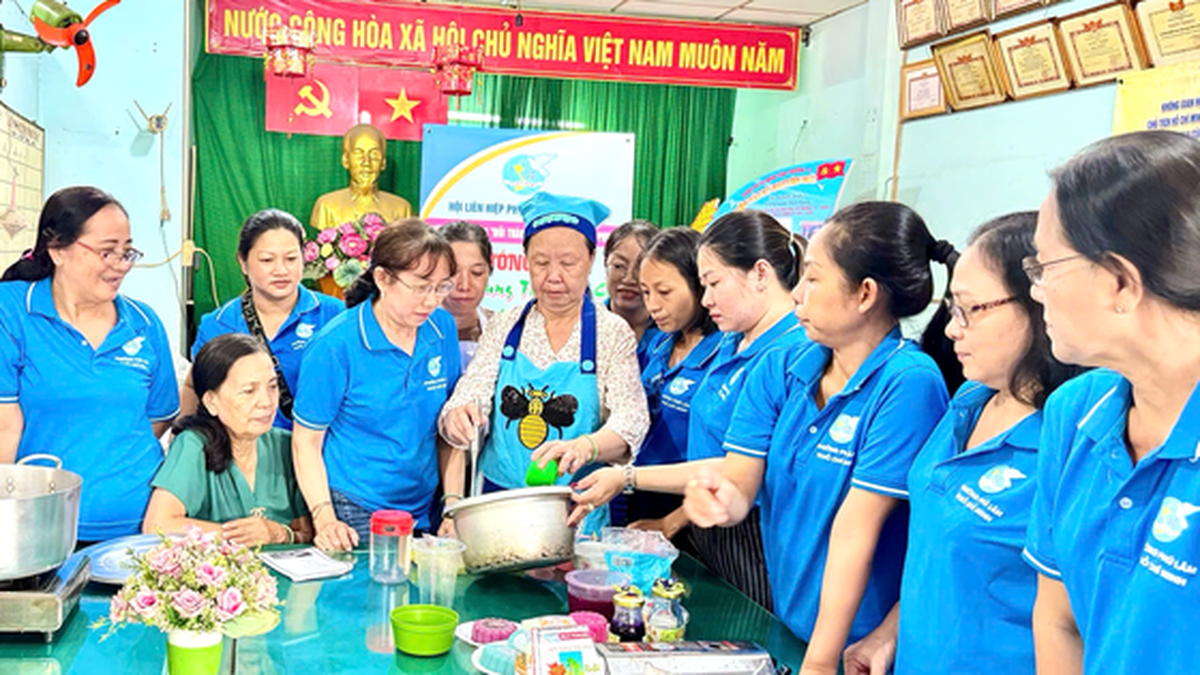Flies are more than just annoying insects that need to be banished. At least one species of fly—the black soldier fly—is showing great potential to improve the health of both humans and animals.
A new study at the Robert H. Smith Faculty of Agriculture , Food and Environment at the Hebrew University of Jerusalem, Israel, shows that oil extracted from the larvae of this fly (Hermetia illucens) has powerful anti-inflammatory properties on immune cells.
The findings, published in the International Journal of Molecular Sciences , show that a specially processed form of the oil — called MBSFL — can significantly reduce inflammatory signals in immune cells without impairing beneficial immune function.
This opens up the prospect of applying MBSFL as a natural and sustainable method to control inflammation-related diseases in both humans and animals.
Professor Betty (Bertha) Schwartz, Head of the research team, said they found that this modified oil can inhibit harmful inflammatory signals, while supporting metabolic health.
“This discovery opens up exciting possibilities for developing natural feed additives that support immunity and reduce dependence on synthetic drugs,” Professor Schwartz said. “This is a step forward in harmonizing animal health and environmental protection. The black soldier fly shows that nature still has much to teach us.”
The black soldier fly is an insect that is 2-3 times larger than a normal fly, commonly raised in Thailand, India, Russia and may be expanded in Israel. Previously, BioBee Company implemented a black soldier fly farming project in Northern Israel, but stopped due to lack of profit. Currently, fly eggs are imported from abroad for research purposes.
Unlike many other flies, black soldier flies do not transmit disease, and they help decompose vegetable waste. The yellow oil extracted from the larvae - previously considered waste - is now being studied for use as protein in dog food, but regulatory approval is needed.
Black soldier fly larvae oil contains up to 90% beneficial fatty acids, of which 40-50% is medium-chain lauric acid - a saturated fatty acid found in coconut and palm oils, known for its antibacterial properties and potential health benefits. Not only is it anti-inflammatory, it is also nutritious, antibacterial, and immune-supporting.
The research also opens up clear benefits for farmers: improved animal health, reduced reliance on antibiotics, and increased resilience to infection or stress. MBSFL could become a functional feed additive – particularly relevant to the poultry and livestock industries.
Raising black soldier fly larvae on organic waste also promotes a circular economic model, turning food waste into a high-value health solution for livestock, while contributing to water savings./.
Source: https://www.vietnamplus.vn/dau-tu-au-trung-ruoi-linh-den-giai-phap-ho-tro-suc-khoe-con-nguoi-va-vat-nuoi-post1056264.vnp


































































![[Photo] Party and State leaders visit President Ho Chi Minh's Mausoleum and offer incense to commemorate Heroes and Martyrs](https://vphoto.vietnam.vn/thumb/402x226/vietnam/resource/IMAGE/2025/8/17/ca4f4b61522f4945b3715b12ee1ac46c)






























Comment (0)